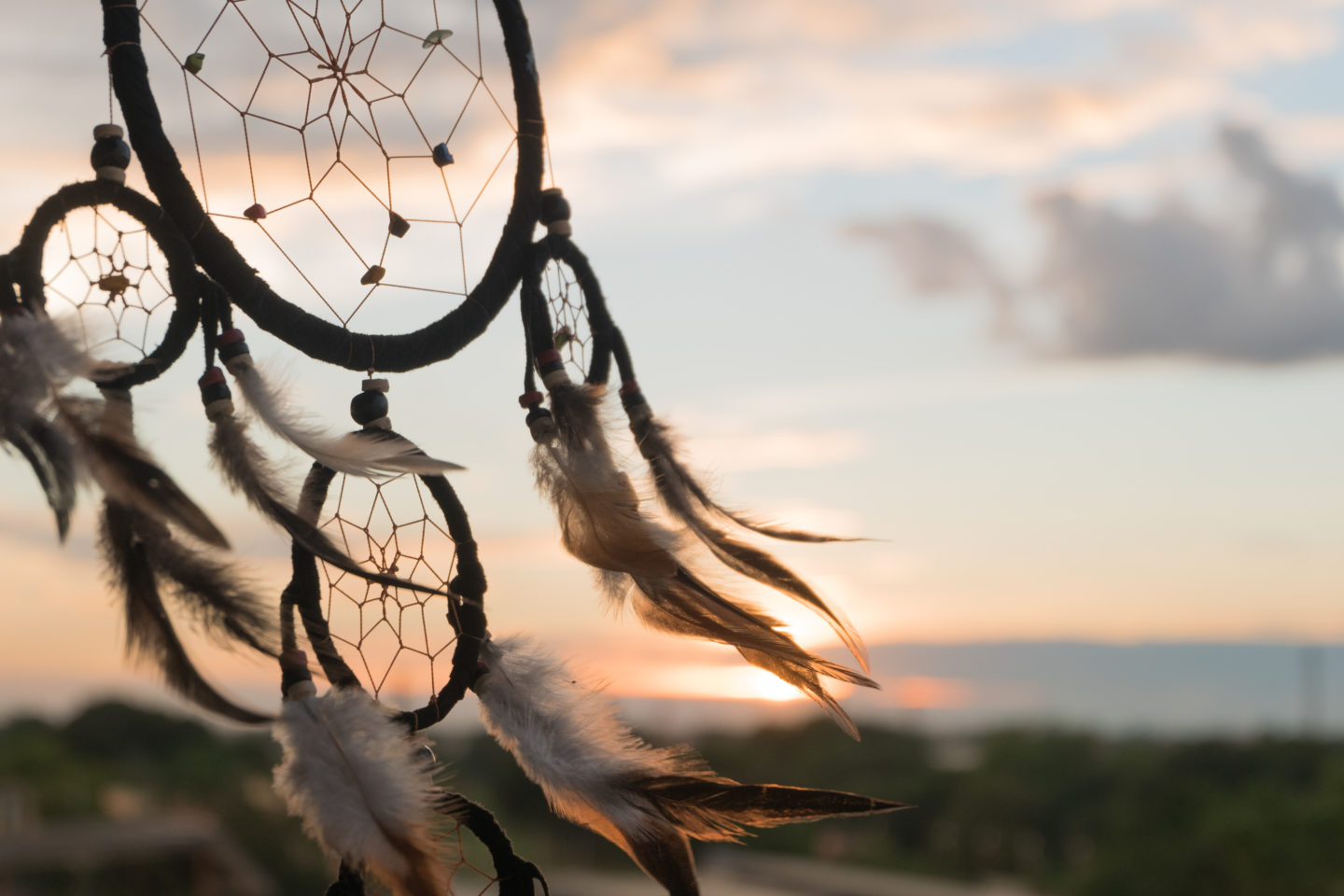
South Dakota tribes and lawyers continue to push for legal cannabis
Not only have the South Dakota Native American tribes legally opened a medical cannabis dispensary without consulting the state, but last week proponents also tabled four different recreational legalization initiatives for voting later this year.
The Flandreau Santee Sioux tribe were the first in the country to legalize cannabis, according to a 2014 memo published by the Justice Department. Although medical cannabis is legal in South Dakota now, as of July 1, 2021, sales are not expected to begin until July 1, 2022 as Governor Kristi Noem did not have enough time to “study the subject and implement a program” she said in February, according to the Associated Press.
However, this restriction did not prevent the Flandreau Santee Sioux tribe from bringing medicinal cannabis into their reservation. The tribe pursued this action without first being approved by the state, which is their right. “The grand opening of the Flandreau Santee Sioux Tribe Native Nations Pharmacy went very well and customers flooded the pharmacy all day,” Flandreau Santee Sioux Attorney General Seth Pearman told Native News Online.
“The tribe is confident that the regulatory structure it has put in place will create a safe product that customers will benefit from.” The Flandreau Santee Sioux tribe states that tribal law requires patients to have a valid medical cannabis ID card that identifies themselves differs from that of the state ID card for medical cannabis.
This creates some gray areas for the tribal members, but Governor Noem released a press release ensuring that tribal members would be protected. “In this case, the card’s destination will apply to non-residents as long as the cardholder is a registered tribe member and presents an unexpired medical cannabis card from the resident’s tribe,” she said in a press release. Low-quality cannabis offenses should no longer be a cause for concern for those carrying less than three ounces of cannabis, whether or not they are a tribal member.
South Dakota doesn’t want to wait
While residents in the rest of the state will have to wait until next year for the medical cannabis program to roll out, proponents of change are already on their heels with not one, but four possible electoral initiatives related to recreational cannabis.
The lawyers submitted the four initiatives to the Legislative Research Council and will continue to put the bills on the November 2021 ballot. Right now, however, there’s a bit of a hiccup on the state’s Amendment A initiative, which was passed by voters in November 2020, and which would have legalized recreational cannabis if it hadn’t been surrendered in court in February. The South Dakota Supreme Court is currently debating whether or not recreational cannabis should be legal from July 1st.
If the Supreme Court decides not to overturn the February ruling on Amendment A, the lawyers’ most recent four initiatives will continue. “If Amendment A is fully restored by the South Dakota Supreme Court, we would not be pushing these initiatives,” said Matthew Schweich, associate director of the Marijuana Policy Project and South Dakotans for Better Marijuana Laws Campaign Director. “If Amendment A is deleted, we want to be able to return to the vote next year. We are submitting these initiatives now because the deadline for completing a signature collection is fast approaching. “
These four cannabis initiatives are similar, each dealing with slightly different approaches to legalization efforts with the hope that one of them will get to the vote later this year. These include rules about ownership, personal cultivation, public consumption, setting up governing organs of government, and much more.

Post a comment: